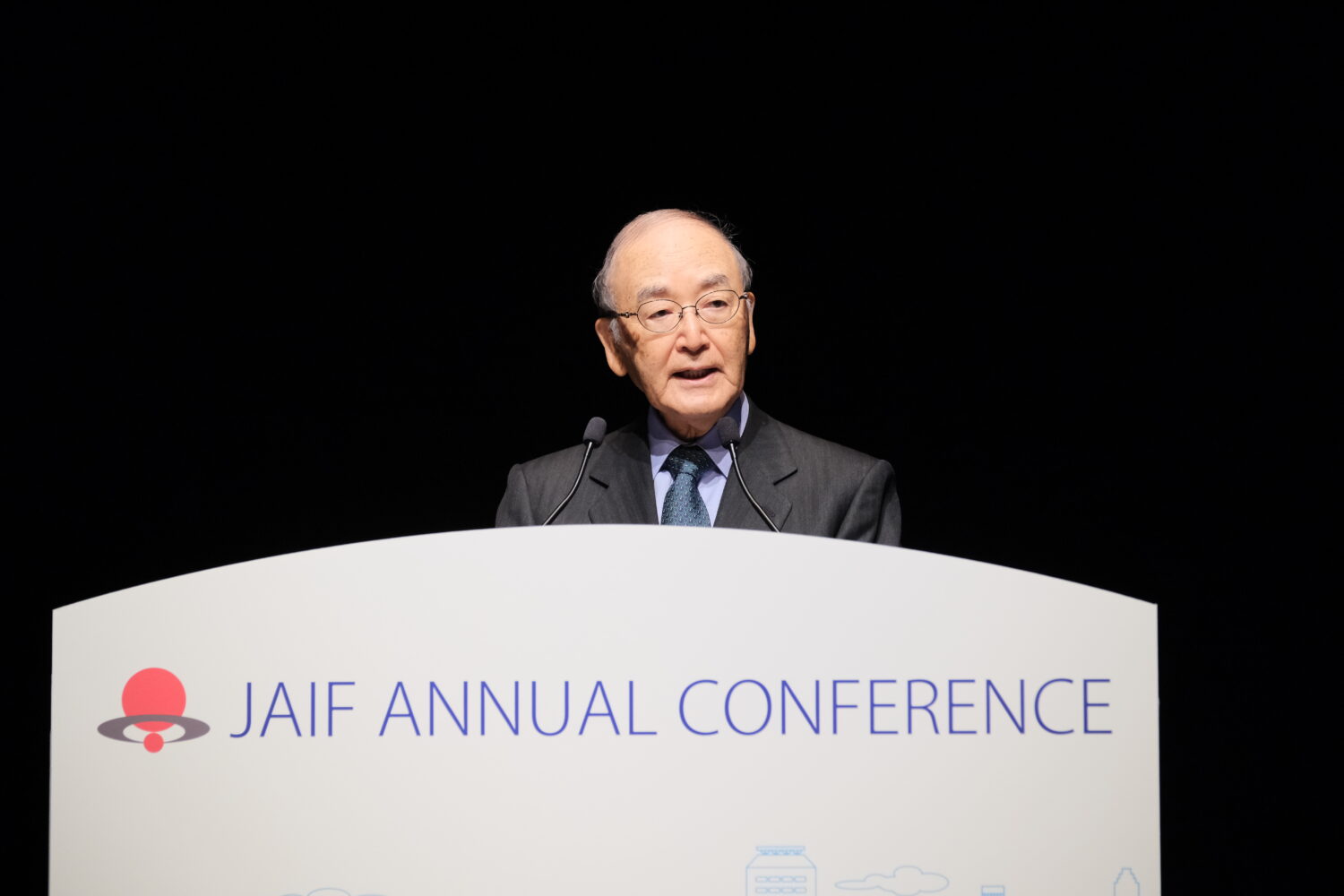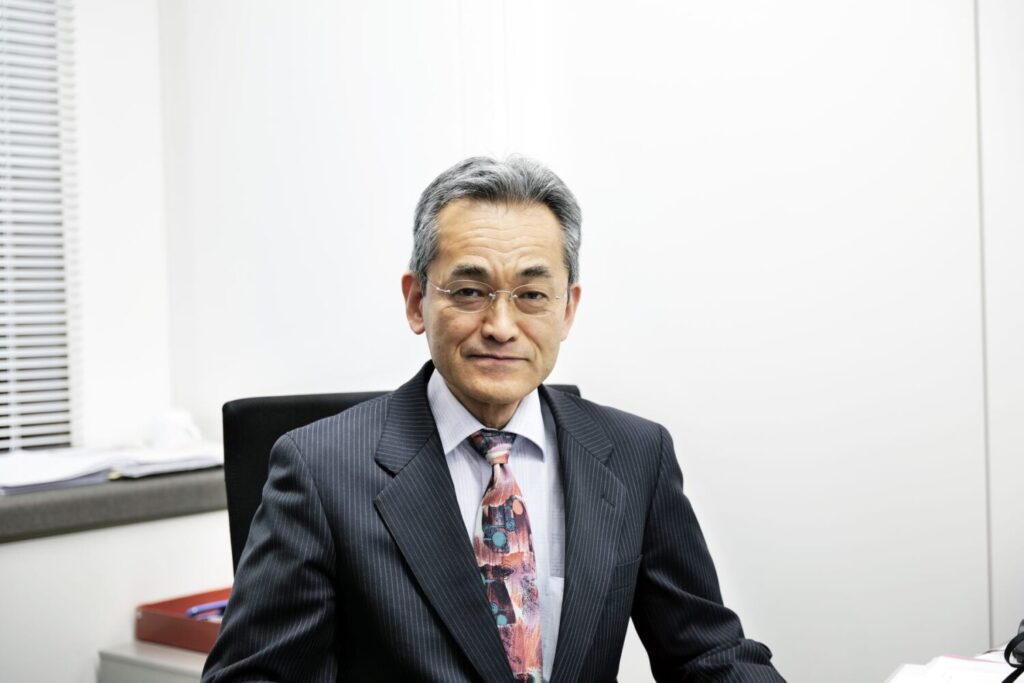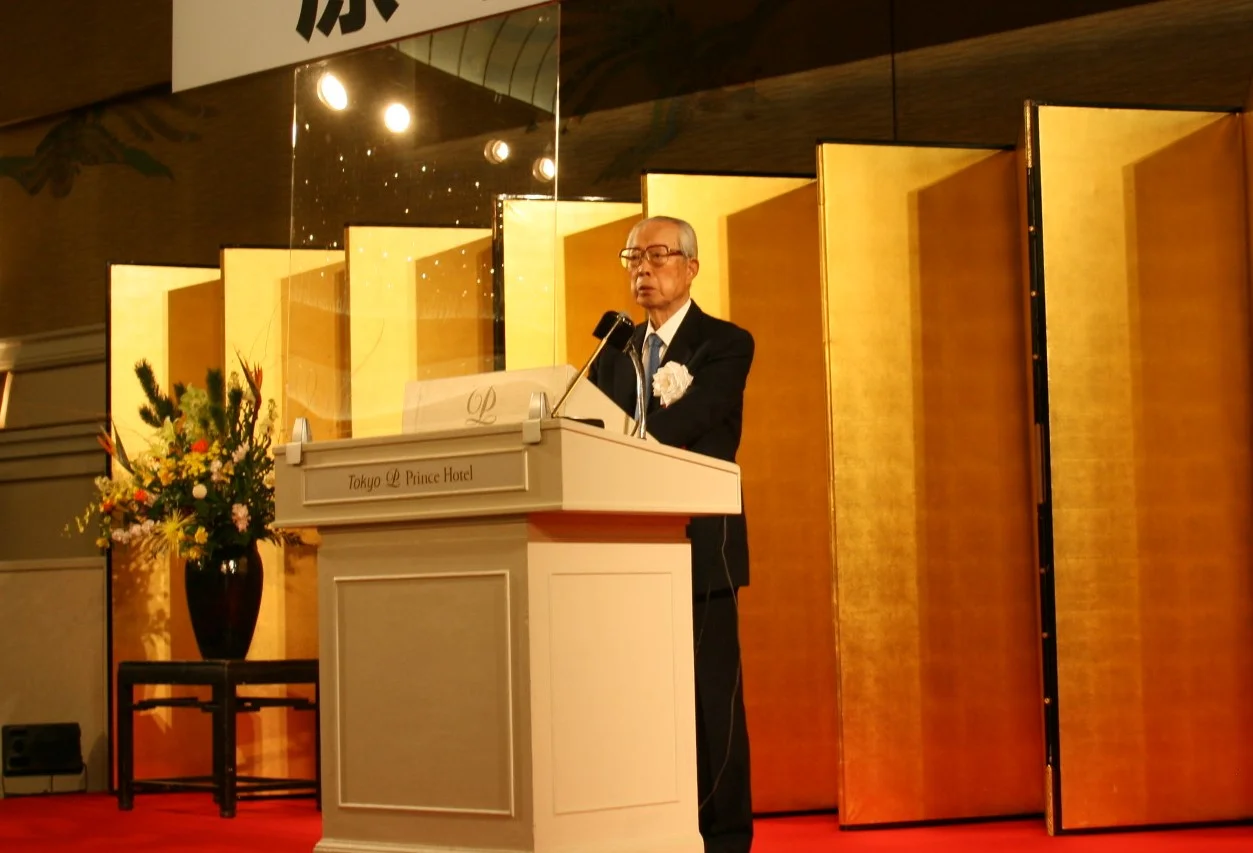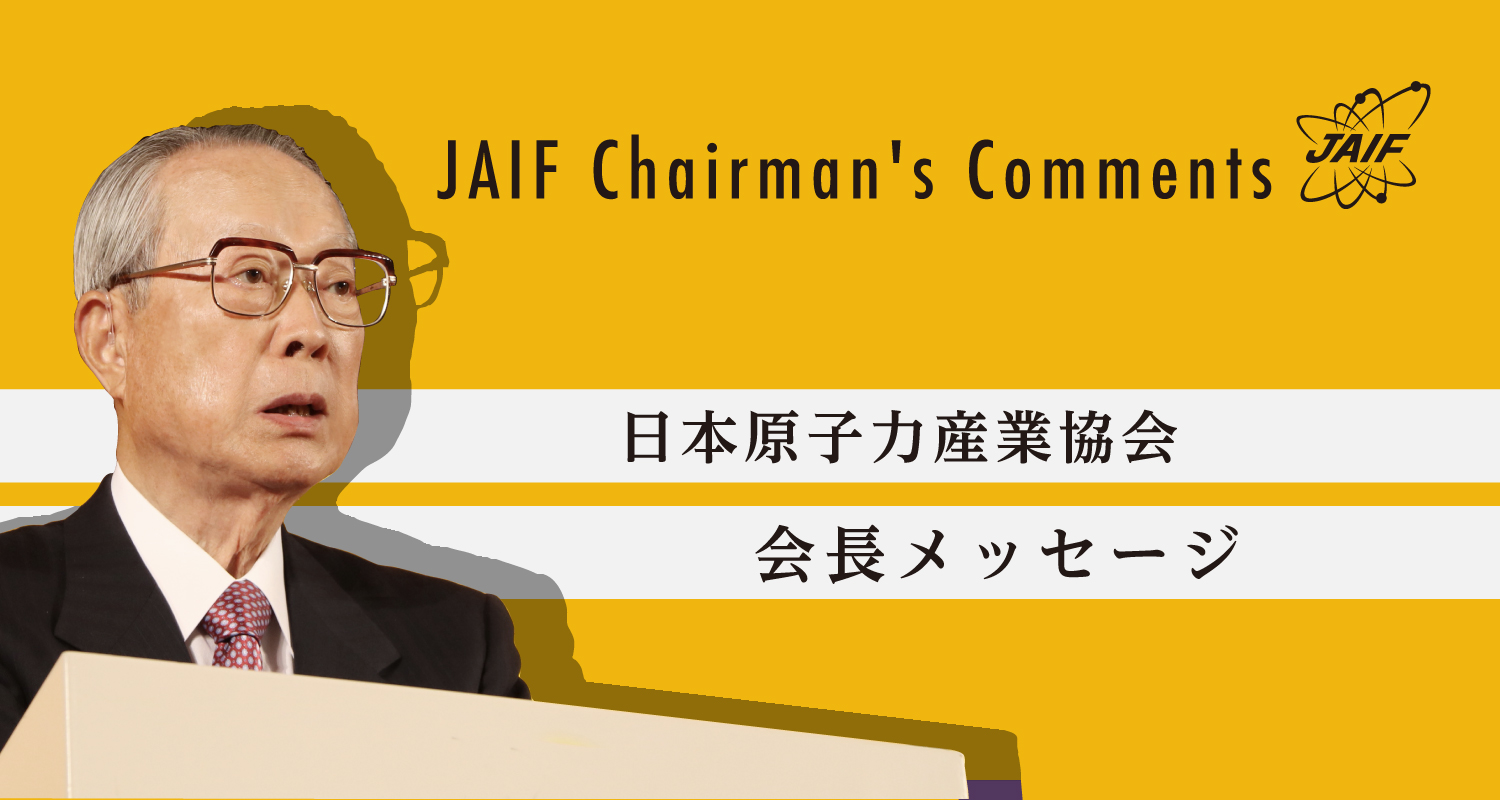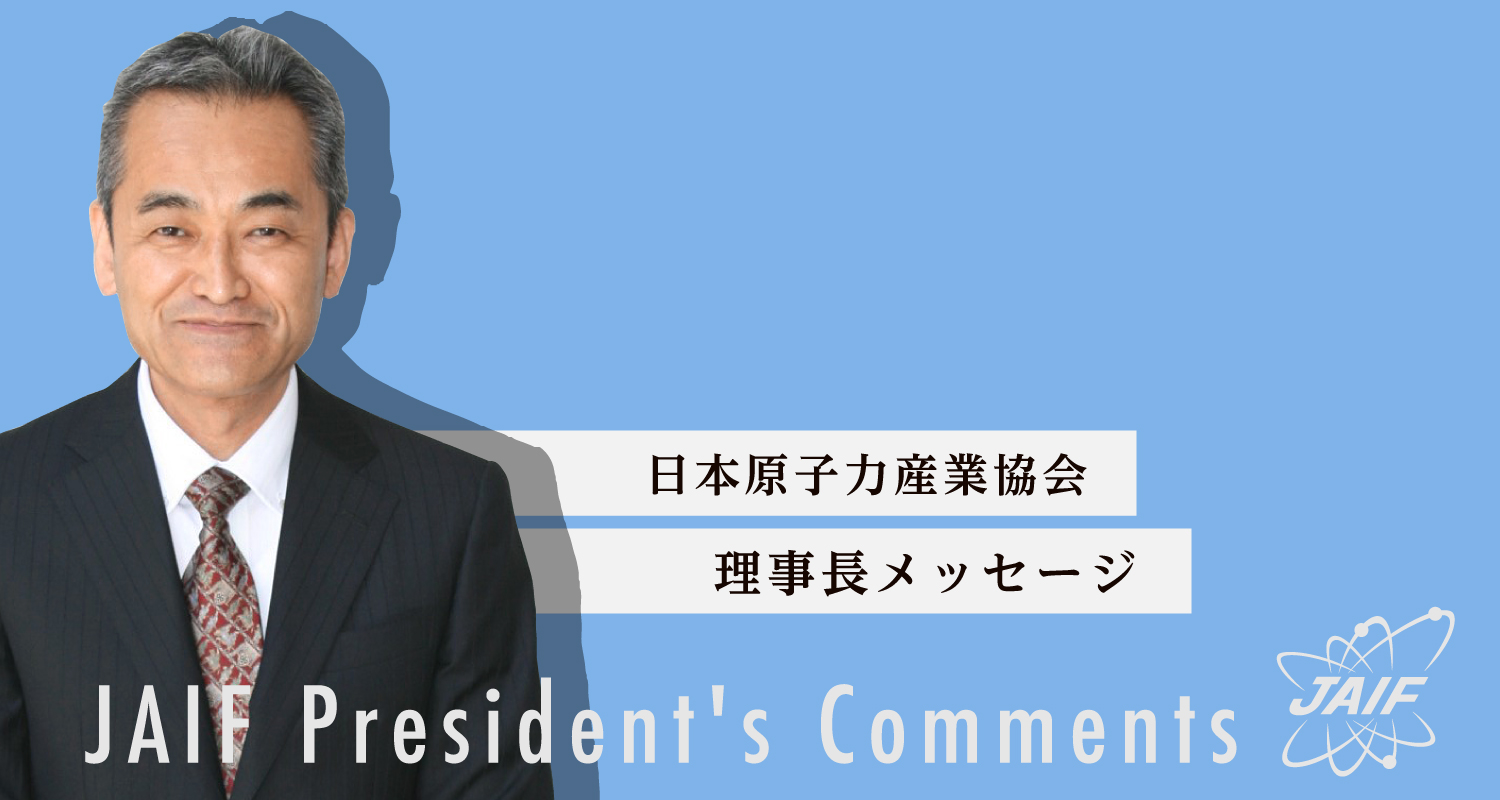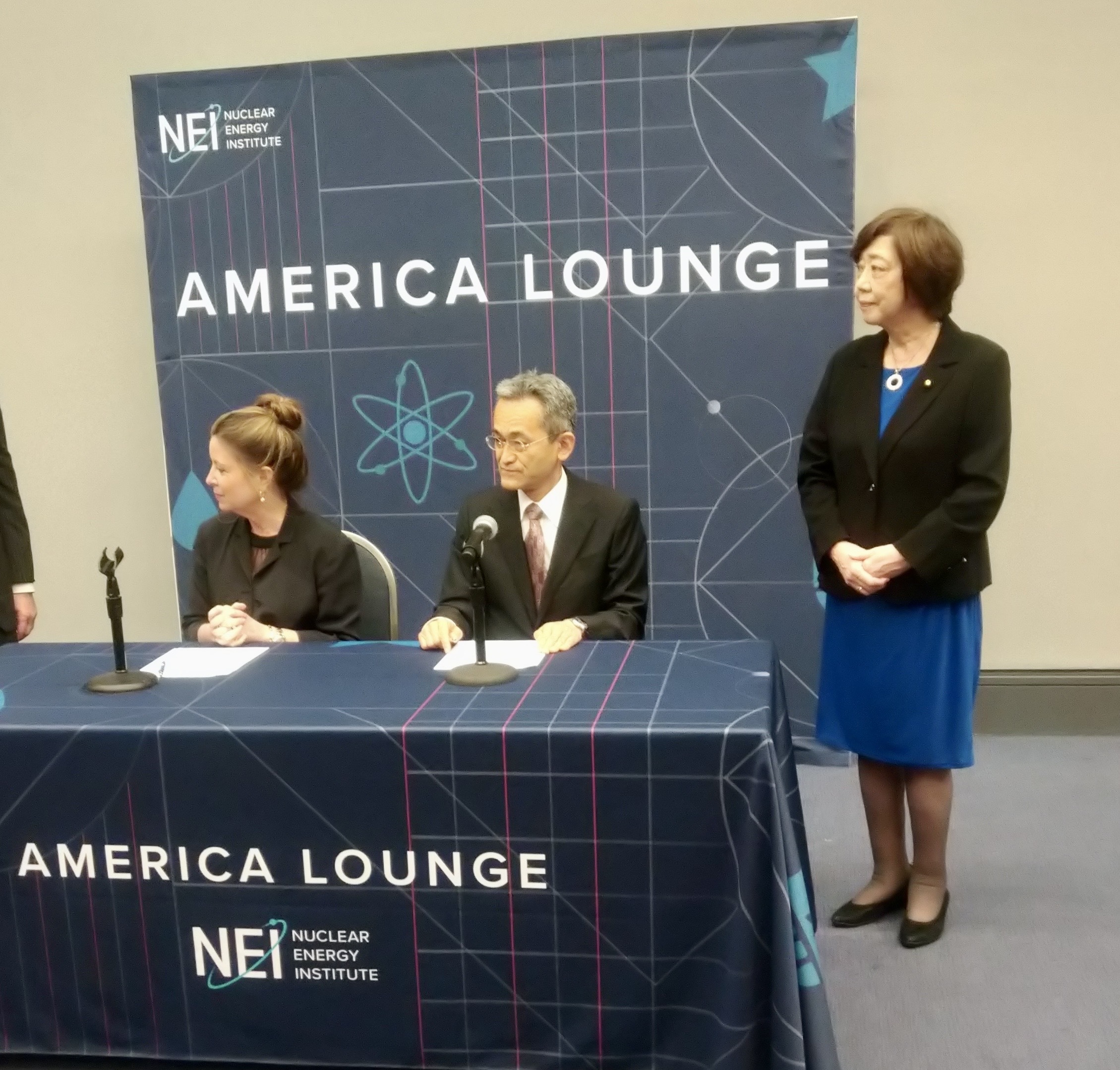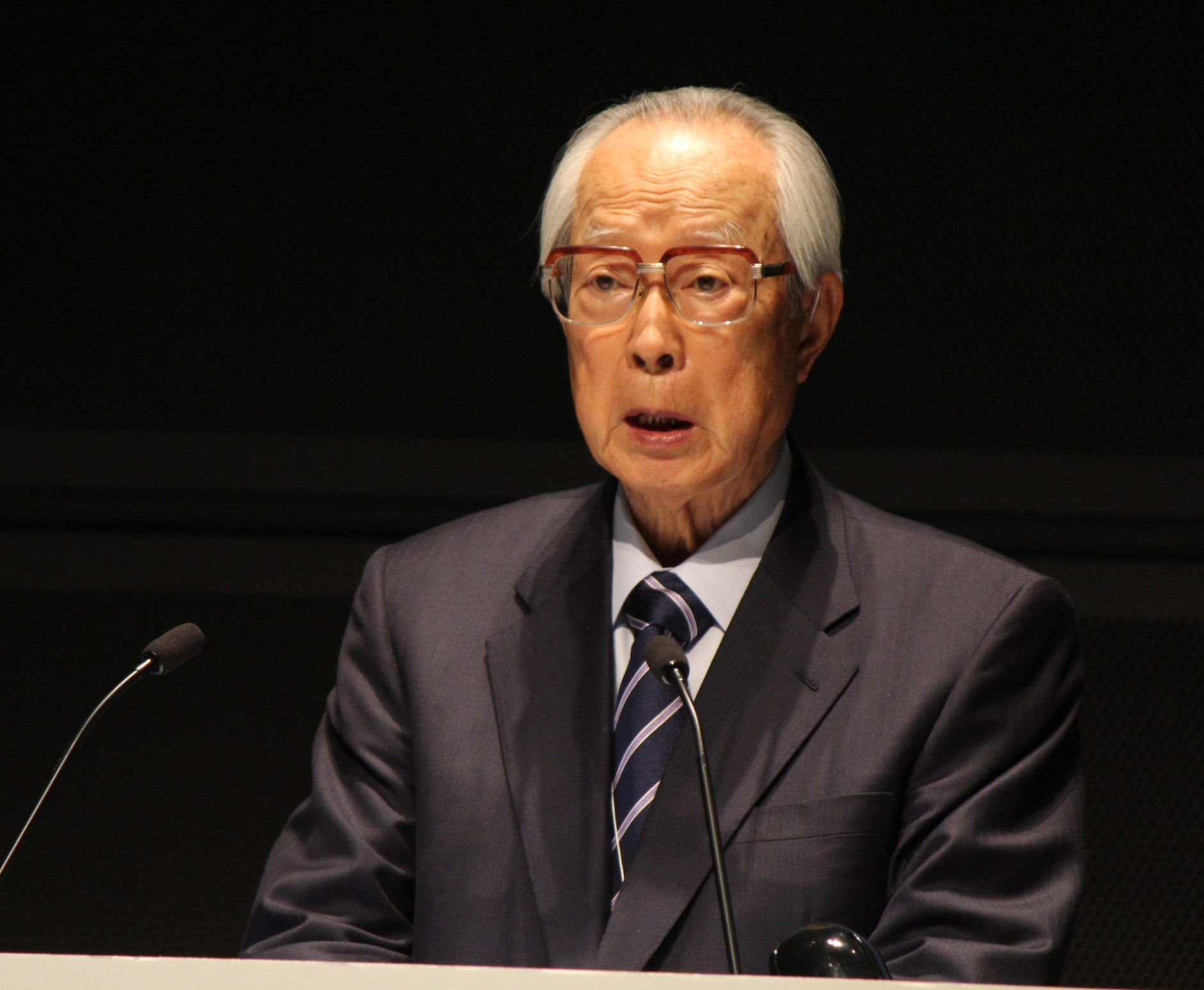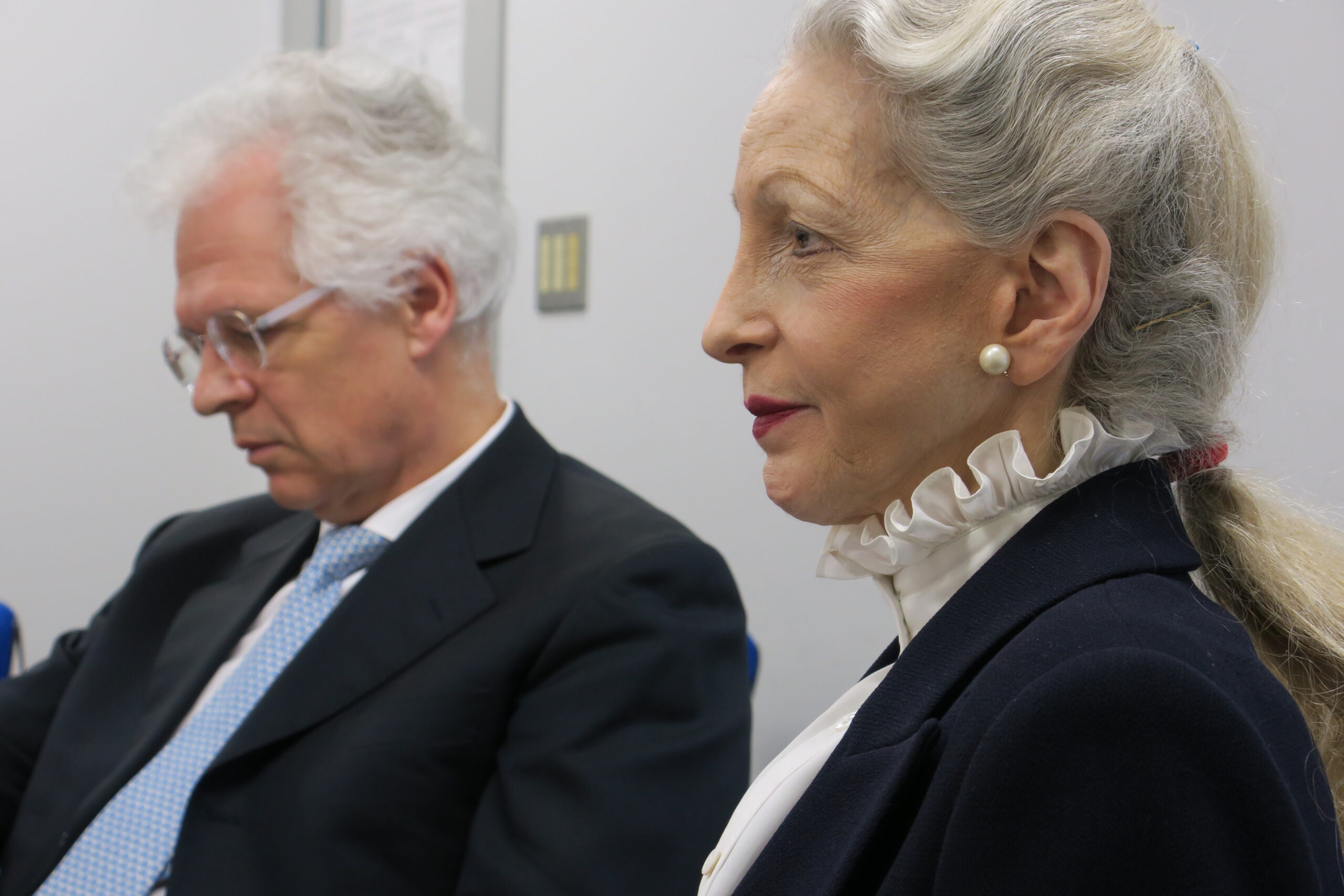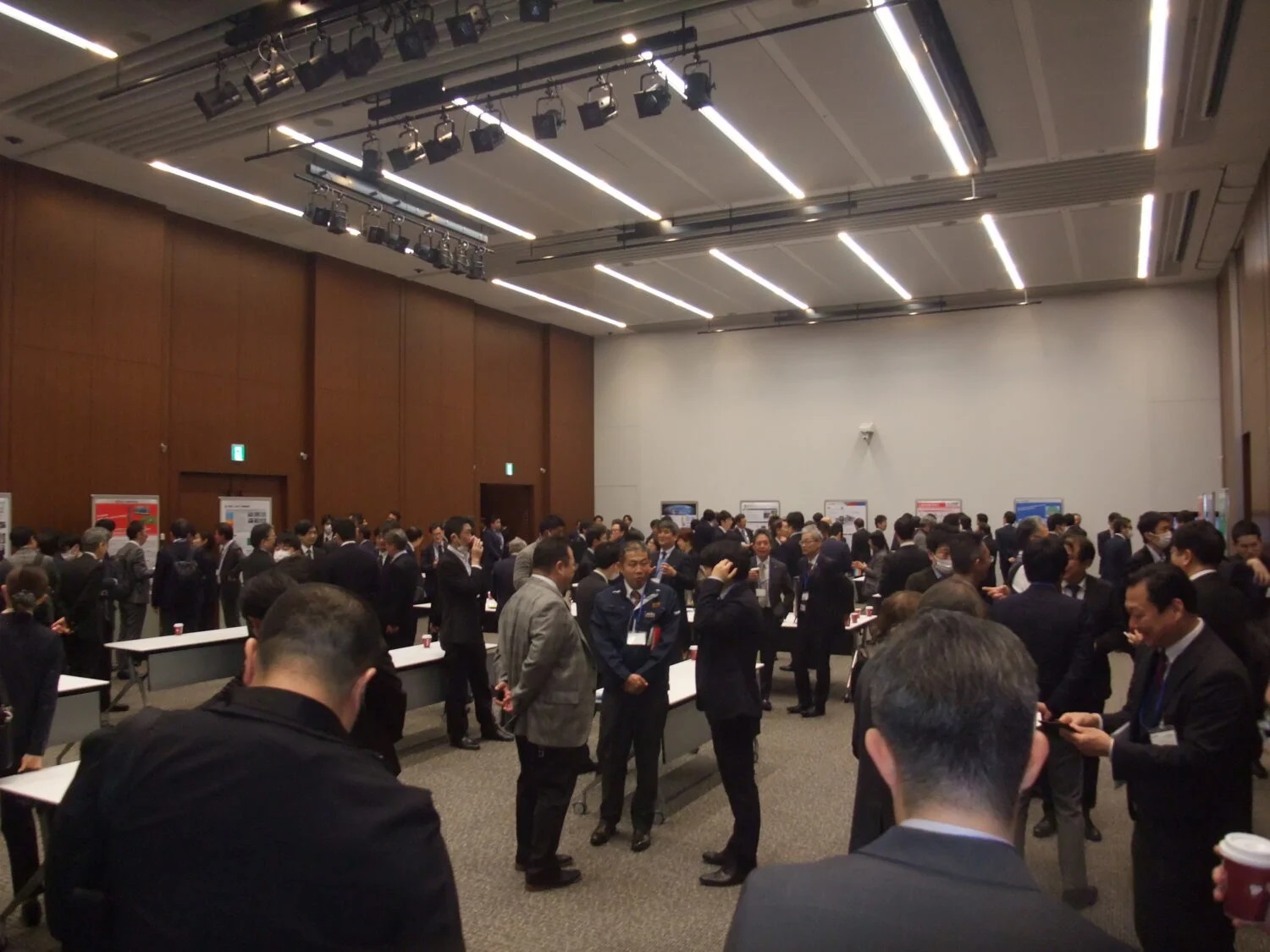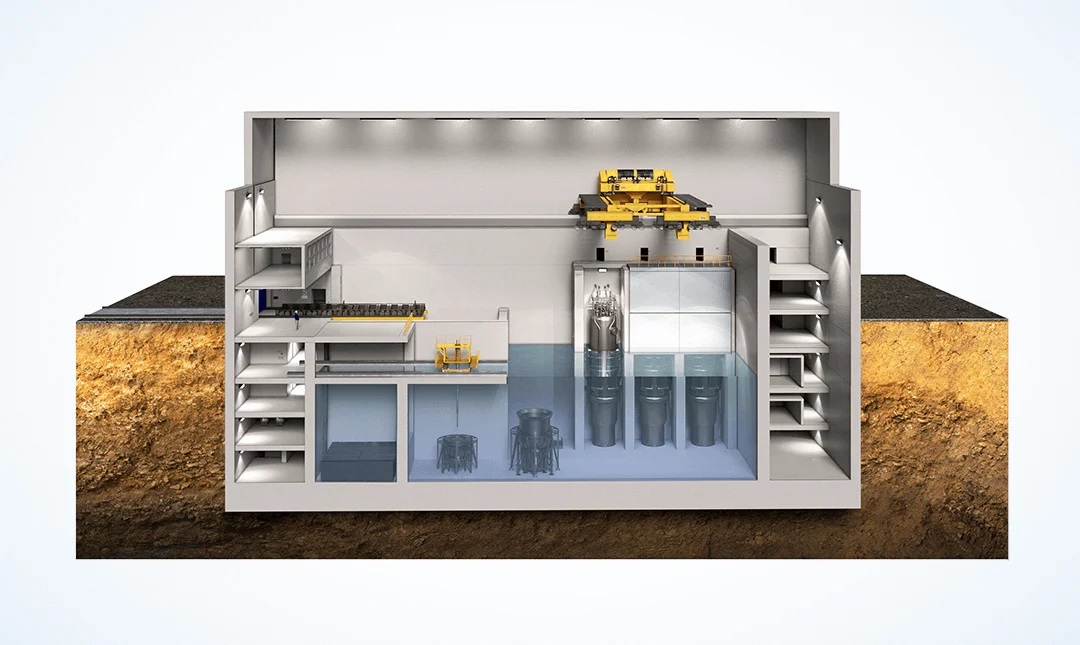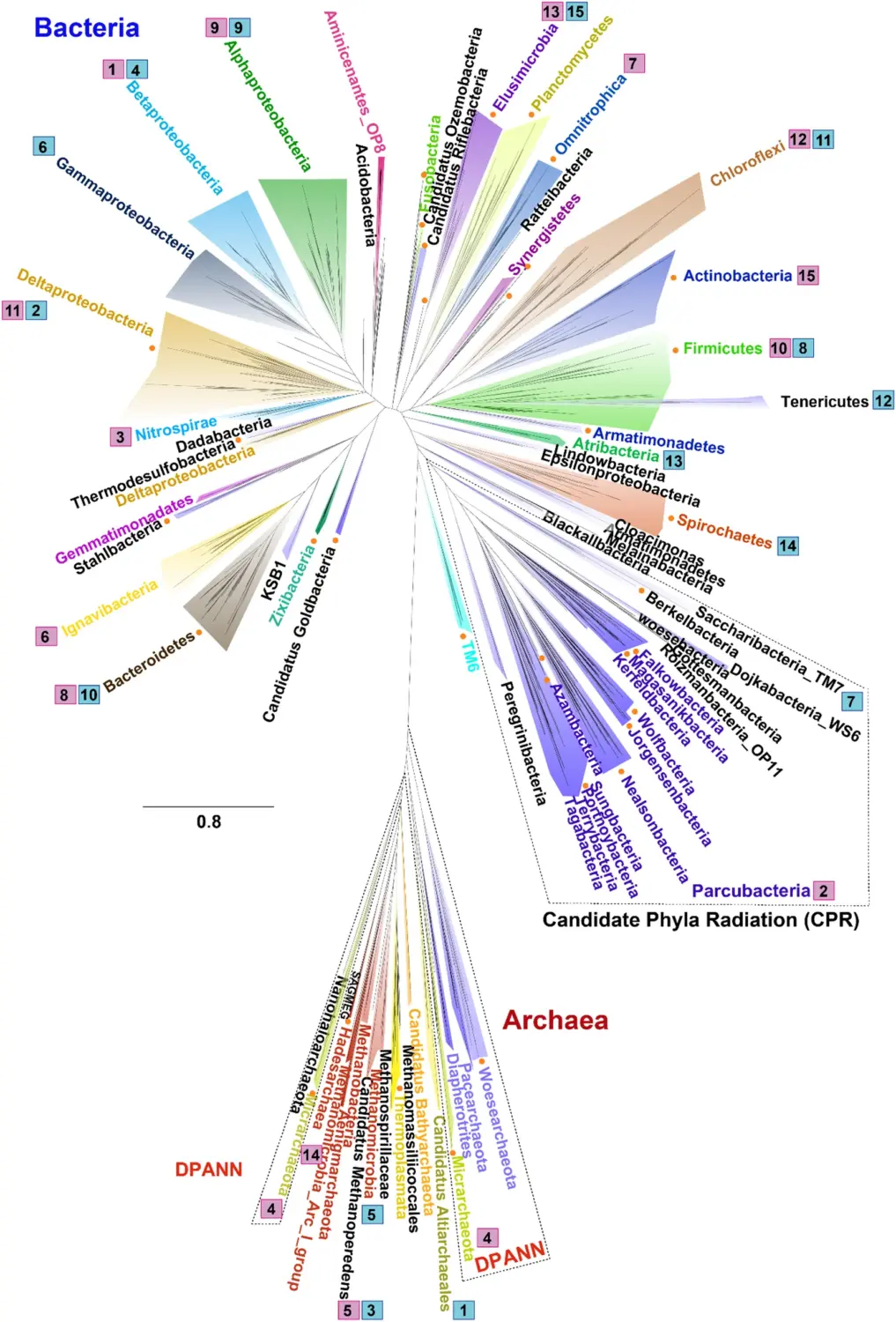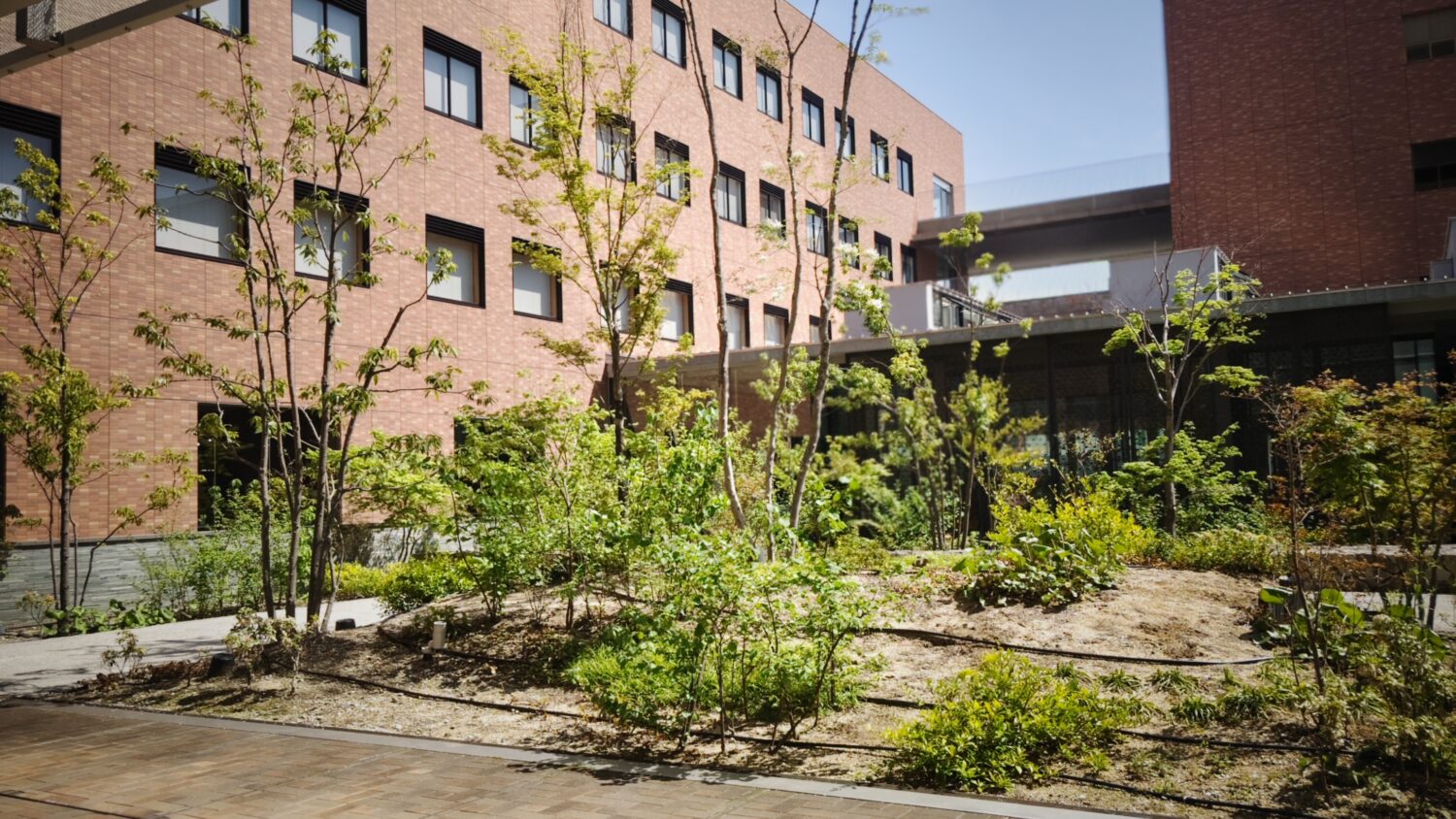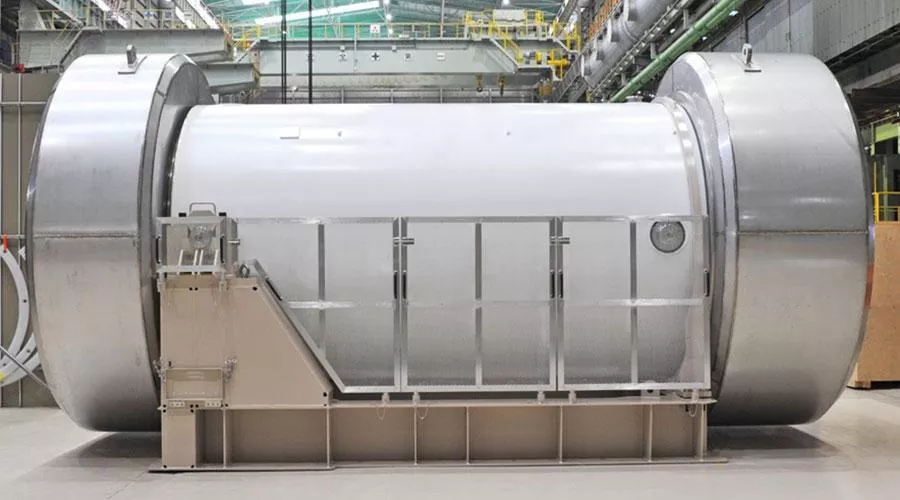First, however, let me extend my deepest condolences for the victims and to all those affected by the Noto Peninsula Earthquake, which occurred on the first day of the year. I would also like to express my profound respect for everyone striving to provide medical aid other support, and to restore lifelines in circumstances of severe weather and continuing aftershocks.
Transmission and distribution companies are similarly working to help the Hokuriku Electric Power Co. restore electricity services. Theirs are difficult tasks now, but I hope they will restore “light” to the people as soon as possible while being mindful of safety.
At COP28 in December 2023, COP recognized nuclear energy in an official document for the first time, clearly stating that it was an important means for reducing greenhouse gases.
Unfortunately, nuclear had been excluded from environmental discussions for many years. Its status today—its recognition across the world as a “clean energy”—is a turning point for the nuclear industry and marks a major step forward toward its acceptance by society.
As the G7 chair country, Japan has played a key role. In particular, remarks by Prime Minister KISHIDA Fumio at the G7 Ministers’ Meeting on Climate, Energy and Environment in Sapporo, as well as at the G7 2023 Hiroshima Summit and COP28, gave critical impetus to world’s renewed affirmation of the value of nuclear energy. Those efforts were integrated into the declaration to triple global nuclear energy capacity— which was endorsed by 25 countries—and have accelerated international moves toward the expansion of nuclear power.
JAIF, cooperating closely with nuclear industry organizations throughout the world and backing intergovernmental activities, has provided indirect support through the Net Zero Nuclear (NZN) Initiative. I am grateful to everyone here today for your involvement as sponsors and supporters.
In Japan domestically, too, policies are being pursued with a focus on energy security and decarbonization. Another major step forward was taken in February 2023, when the maximal use of nuclear energy was clearly shown as the direction within the basic policy aimed at implementing the country’s green transformation (GX). The Cabinet then approved the GX Decarbonization Power Supply Bill, and the “Grand Design for Future Nuclear Policy and Guidelines for Action Toward Realization” was determined.
The 7th Strategic Energy Plan, to be issued this year, will be a very important basic plan related to the clarification of the status of nuclear energy and locking in the momentum toward nuclear restoration.
All of us have been promoting nuclear utilization for many years, both domestically and internationally. Now that the pendulum has swung in our direction, it is time for concrete actions and outcomes.
As for the restart of nuclear power plants (NPPs), the first two boiling water reactors (BWRs) are finally expected to be restarted this year. To achieve the goals shown in the Strategic Energy Plan, efforts must be made to realize more restarts, but even that will not be enough.
For Japan to enjoy sustainable energy, the construction of more NPPs is essential.
Building new NPPs will give dreams and hopes to all of those who are engaged with nuclear energy. It will contribute greatly to continuing technology, ensuring and fostering human resources, and maintaining supply chains.
However, in the current liberalized electricity market, determining to invest in nuclear energy is not easy, as it will pay in the long term.
Nuclear operators and the government are each responsible for power supplies, now and in future.
I ask the government to ensure a business environment enabling nuclear operators to invest with high “foreseeability” in their nuclear businesses. Regarding specific institutional measures to that end, we in the nuclear industry intend to speak loudly in the future.
Establishing the nuclear fuel cycle is yet another crucial element in sustainably supporting the nuclear industry. Last year, the Uranium Enrichment Plant within the Rokkasho Reprocessing Facility of Japan Nuclear Fuel Ltd. (JNFL) resumed production operations after six years. The reprocessing plant, the core of the fuel cycle system, will be completed this year.
Also, this year, the Recyclable-Fuel Storage Company in Mutsu City, Aomori Prefecture, plans to start operations of its Spent Fuel Interim Storage Facility. Additionally, Kaminoseki Town in Yamaguchi Prefecture has agreed to a location-suitability investigation.
In Suttsu Town and Kamoenai Village, both in Hokkaido Prefecture, literature investigations are being conducted for safe geological disposal of high-level radioactive waste (HLW).
JAIF extends its gratitude to the local residents in each area for their understanding and cooperation and will do its best, using all available means, to promote understanding broadly among the public on the significance of the projects.
In the area of radiation utilization—including medicine, industry and agriculture, which are as important as use of nuclear energy—new applications are promised in an array of fields, with advanced cancer treatments among the most exciting.
There, too, JAIF intends to continue to disseminate information about the value and diverse uses of nuclear energy, such as industrial and agricultural applications.
Finally, it is essential, if we actually to be able to use nuclear energy to the fullest extent into the future, for the government and nuclear operators to work together as one, including all of you here today, tackling the mountain of issues while making perpetual efforts to improve safety.
I conclude this New Year’s message with our promise to do our utmost in being of help to you and ask for your support and cooperation.
Thank you for your kind attention.
MIMURA Akio, JAIF Chairman
(The speech at New Year’s gathering held on January 10, 2024)


